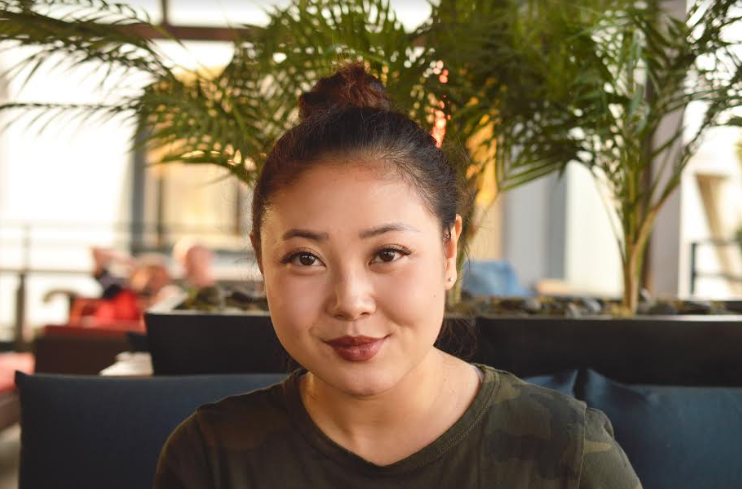Jessie Li
Intern
(she/her)
Areas of Focus
Anxiety
Relationship to self
Race and culture-based issues
Intergenerational Trauma
Sexuality
Relationships
Spirituality
MODALITIES
Narrative
Satir
As your counsellor, I view myself as a guest in your life. Only you know yourself best. I strive to be someone that adds to your life, present to listen to your story and experiences, while supporting you in what thriving means to you. Change can feel so disorienting or vulnerable. I understand that it may be an uncomfortable process to go through. My aim is that you feel like you are not alone on this journey.
The foundation of my approach is connection. I emphasize relating to you as a person, outside of any particular theory or technique. My focus is to learn who you are as a whole and what you are yearning for in life. I aim to meet you in a way that is compassionate, trauma-informed, and culturally competent. From my own experiences, I understand how deeply various systemic factors, like race or sexual orientation, shape our lives and identities.
In the counselling space, I primarily incorporate humanistic or experiential methods that promote self-understanding and autonomy. As we explore your life, my hope is to encourage connection to your mind and body, as well as recognition of your own power. When the situation feels stuck or hopeless, I aim to validate and hold your burden with you, advocating for you where I can. Together, we will focus on what is reflective of your values and realistic to your context.
Approach
Holistic: Viewing the mind, body, and spirit as an interconnected whole, and considering the full picture in a situation.
Person-centred: Working in a personalized way that upholds respect and choice.
Somatic: Awareness of the emotions, memories, and sensations held in the body.
Experiential: Using expressive techniques/activities in therapy to re-enact or explore experiences, e.g., sand tray therapy.
Trauma-informed: Awareness of someone’s unique experience of trauma and eliminating practices that may reinforce trauma.
Culturally-competent: A dedication to learning about diverse groups and perspectives, and recognizing one’s own biases.
Anti-oppressive: Understanding impacts of societal barriers and contexts, and eliminating practices that uphold such barriers.
